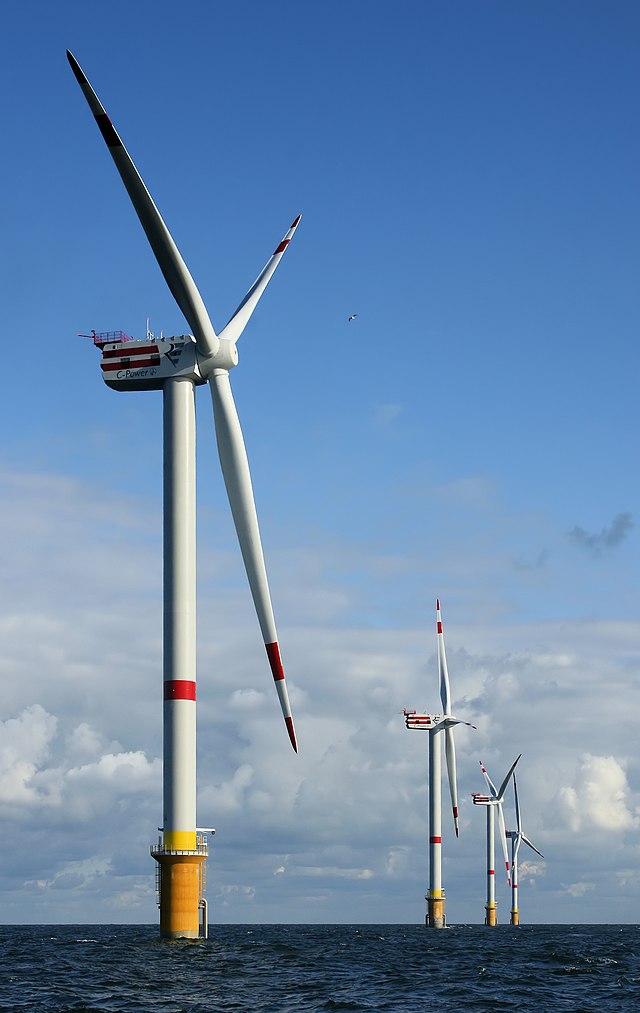Engineering
applied science From Wikipedia, the free encyclopedia
Remove ads
Engineering is the use of science and math to design or make things. People who do engineering are called engineers. They learn engineering at a college or university. Engineers usually design or build things. Some engineers also use science, mathematics, and other skills to solve problems in technology. There are different types of engineers that design everything from computers and buildings to watches and websites. People have been creating and engineering things for thousands of years. Some become engineering managers.
This article needs more sources for verifiability. |

Remove ads
Specialties
Engineering is a big subject. Here are a few of the many types of engineers:
- Aerospace engineers design space vehicles or airplanes.
- Biomedical engineers design and work with medical equipment.
- Ceramic engineers create objects from inorganic, non-metallic materials.
- Chemical engineers use chemicals to make products like drugs and medicines or fertilizers for crops.
- Civil engineers work on roads, bridges, buildings and other public structures.
- Computer engineers design or improve computers (including embedded systems and their parts).
- Electrical engineers work with electricity and design electrical equipment, from small things like radios and computers to large things like electric power transmission systems.
- Electronic engineers work with electronics, which are used to build computer parts and electrical equipment.
- Environmental engineers design and implement ways to remediate and restore the environment.
- Manufacturing engineers design and improve the machines and assembly lines that make things. They work with robots and automation and ways to help companies work faster and better with fewer mistakes.
- Mechanical engineers design machines or things that move, like cars and trains. A mechanical engineer also might help design electricity generating stations, oil refineries, and factories.
- Mechatronics engineers work in multiple fields of engineering that include mechanical engineering, electrical engineering, telecommunications engineering, control engineering and computer engineering.
- Marine engineers design, build, test and repair boats, ships, underwater craft, focusing primarily on their internal systems.
- Nanotechnology engineers study very small things, like strings of atoms and how they are put together.
- Nuclear engineers design and build nuclear plants. They also study the characteristic behaviors of certain radioactive or unstable elements.
- Structural engineers work on design and analysis of buildings and other large structures to withstand both the gravity and wind loads as well as natural disasters.
- Software engineers design and write programs for computers.
- Systems engineers look at how complicated things work and try to make them faster and smarter.
Engineers do not only work with machines. They also work a lot with other people.[1] Many engineering projects are large and very complicated. Often different kinds of engineers work together and help each other. As an example, computer engineers need help from electrical engineers to build a computer. The computer needs programs written by software engineers. The computer could be used by aerospace engineers to control an airplane. An airplane is a big mechanical system with many parts, so a mechanical engineer and a systems engineer are also needed.
Remove ads
Study
Most (but not all) engineers have had years of training. Much of their training involves learning to work within limited budgetary and material constraints (limits).
American courses
In the United States, most engineers go to a college or university to get an engineering degree. Most people go to school for four years to get a bachelor's degree in engineering. A Master's Degree is an advanced degree, usually requiring two more years of study after the Bachelors. A person with a master's degree is eligible to enter a Doctoral program in engineering. A graduate of a Doctoral program is awarded a Doctor of Philosophy degree, which is commonly called a PhD. A PhD in engineering requires three or four years of study after a master's degree, and includes the completion of a long research report called a dissertation. After having gained enough work experience, one can sit for their Professional Engineer's (PE) License, reinforcing their demonstrated proficiency in their specialty.
British courses
In the United Kingdom, engineering degrees at universities are either three year BEng (Bachelor of Engineering) or four year MEng (Master of Engineering). In many universities it is common to take only one engineering discipline (e.g. aeronautical or civil engineering) although some universities have a general engineering degree. British universities may also offer Doctoral programs as a doctor of philosophy (PhD) or a doctor of engineering (EngD). Engineers of all disciplines have common approaches to solving problems including teamwork, communication, and an Iterative design process.
Engineers can also get additional recognition in the form of becoming Chartered. A chartered engineer is one who has his degree or doctorate has been recognised by a group of professionals such as the IET (Institute of Engineering and Technology), IMechE (Institution of Mechanical Engineers), IChemE (Institution of Chemical Engineers) or ICE (Institution of Civil Engineers). Experience and responsibility enables a further step of recognition by becoming a Fellow of these institutions.
French courses
The best way to become an engineer in France is to take the CPGE (Classe Préparatoire pour les Grandes Écoles is the French class for engineer's school) for two years and then study for three years in an "École d'Ingénieur" (Engineer's school). You can also study in an IUT (Institut universitaire technologique) for two years, and then study three years in an "École d'Ingénieur".
Remove ads
References
Other websites
Wikiwand - on
Seamless Wikipedia browsing. On steroids.
Remove ads
